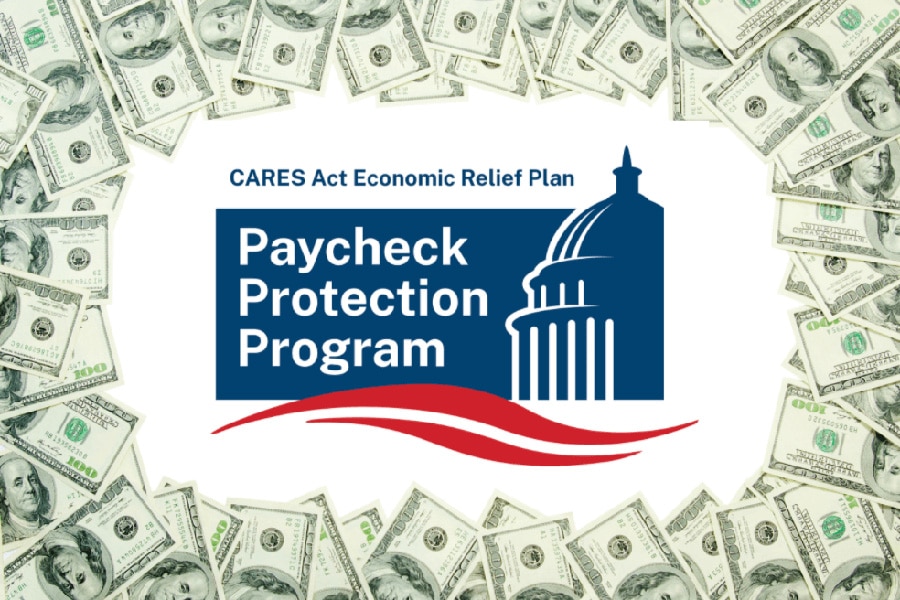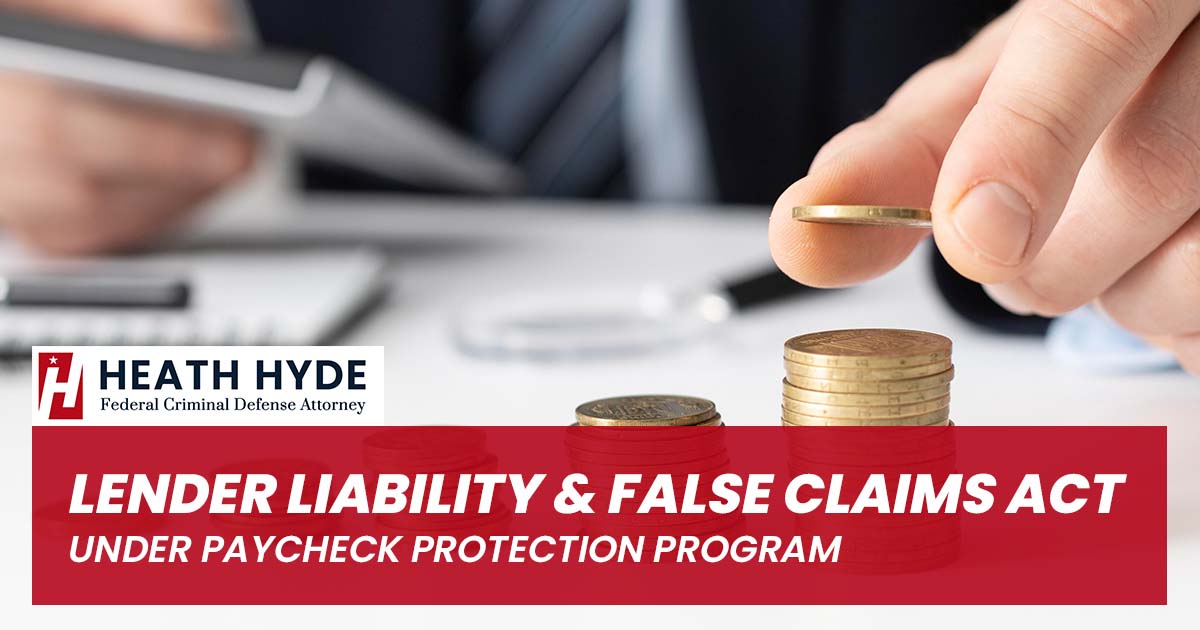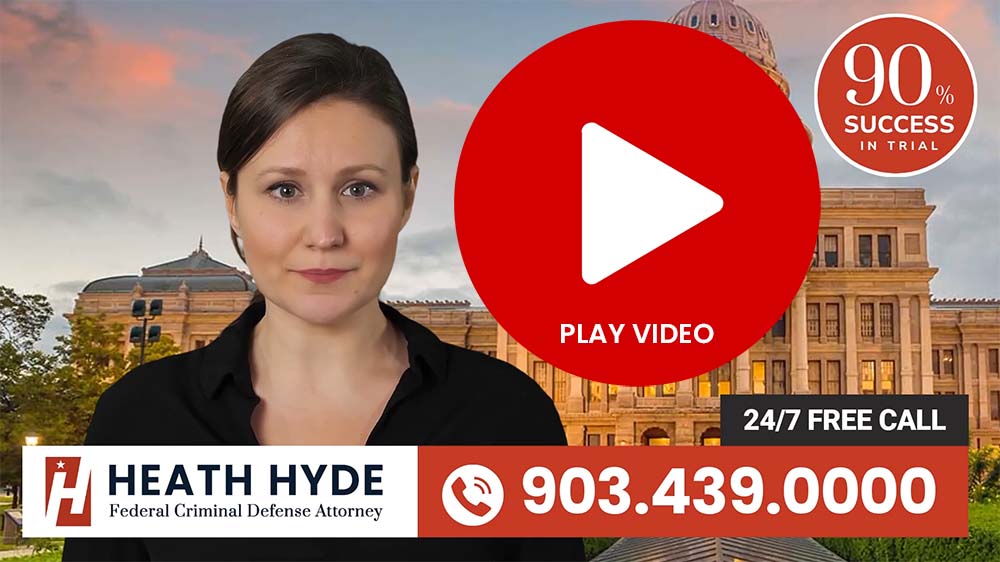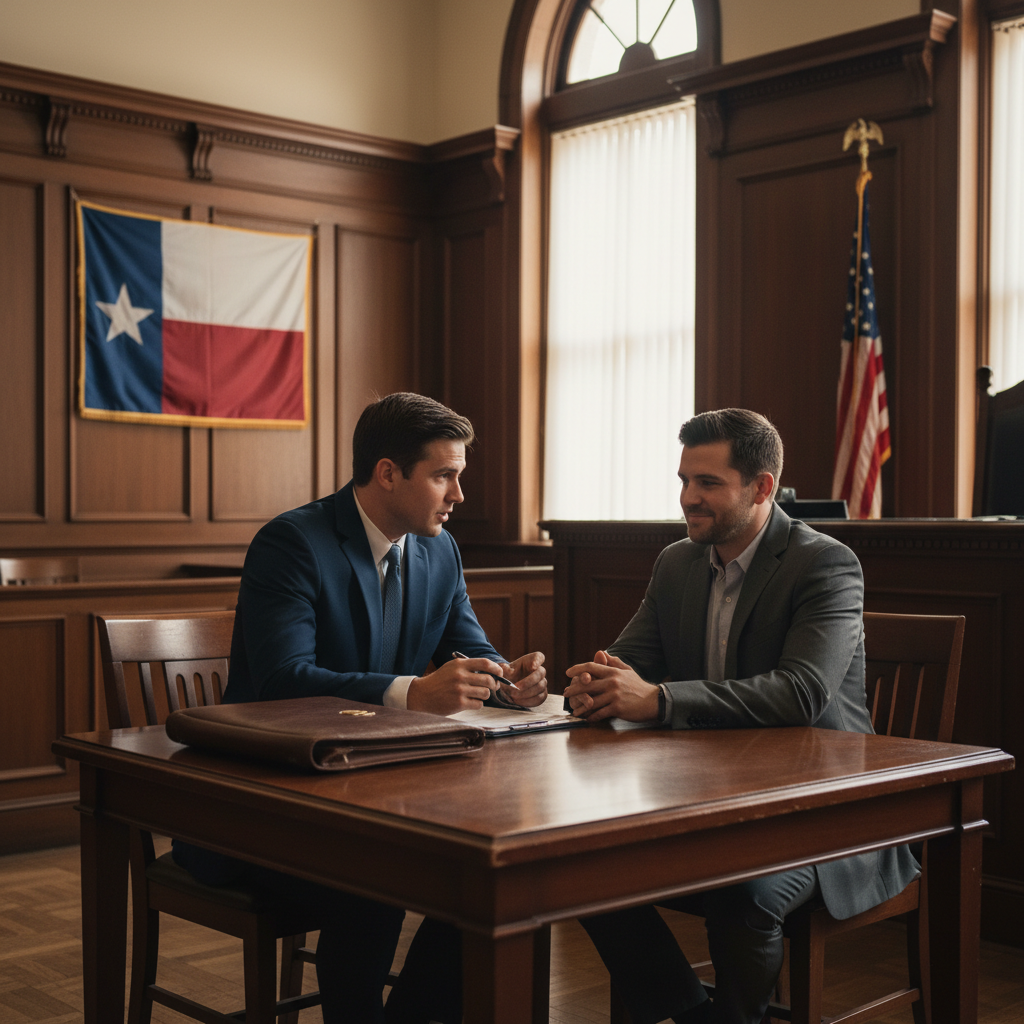The $660 billion small company forgiving loan program known as the Paycheck Protection Program (PPP) is one of the most major parts of the CARES Act, and it was arguably inevitable that the program’s administration would be followed by a wave of related litigation. Already, lawsuits have been filed over how some lenders-imposed application criteria or allegedly preferred certain borrower applicants over others throughout the PPP application process.
Future lender liability lawsuits are more likely to arise from the failure or denial of borrowers’ loan forgiveness requests. Borrowers may be able to hold lenders liable under state law charges such as negligence, fraud, breach of fiduciary responsibility, and unfair or misleading tactics. Borrowers may be able to recover damages much in excess of the loan amount if their firm fails.
In addition, some plaintiffs may seek to construct False Claims Act (FCA) enforcement cases against lenders and borrowers in connection with the borrowers’ forgiveness eligibility declarations and Paycheck Protection Program money utilization. The FCA’s treble damage powers will make it an especially appealing choice for pursuing PPP-related claims.

Lender Liability
Future litigation may focus on the “substantive” or “procedural” aspects of the lender’s administration of Paycheck Protection Program loans, particularly as it relates to loan forgiveness. In the case of the former, a borrower may allege that the lender failed to adequately inform him or her of the prerequisites for forgiveness. In the latter case, a borrower may claim that the lender failed to review the forgiveness application thoroughly or in a timely manner, resulting in the application being denied in whole or in part.
In terms of substance, the most essential factor in determining forgiveness eligibility is the borrower’s certification that the PPP loan is “required to maintain the borrower’s ongoing operations.” For loans over $2 million, the SBA said that it will assess this certification to confirm that the borrower qualifies for forgiveness. According to SEC statistics published by FactSquared, the fear of audits by the SBA may have contributed to the return of $435 million in PPP loans.
The borrower’s actual use of the funds, the other element for forgiveness, may become an issue if the borrower argues that the lender went so far as to guide the borrower on how to utilize the funds to ensure forgiveness eligibility. A state law fraud or breach of fiduciary responsibility claim could be used to make such a claim.
Other claims against the lender may arise as a result of the loan forgiveness process. On May 22, the Small Business Administration (SBA) announced new guidelines and clarifications outlining the forgiveness process and the borrowers’ and lenders’ responsibilities. In most cases, the borrower will submit a request for forgiveness to the lender, together with proof demonstrating compliance with the PPP.
After that, the lender has 60 days to analyze the application and determine whether the borrower is eligible for forgiveness. The lender has the right to rely on the borrower’s assertions, but the application must be reviewed in good faith. The lender must also cooperate with the borrower to correct “errors in the borrower’s calculation or serious lack of substantiation in the borrower’s supporting documentation,” according to the law. The lender then sends his or her decision to the SBA for approval, and the SBA may review the application and loan itself.
The previously established presumption of good faith for the borrower’s “necessity” certification on loans under $2 million is neither emphasized or amplified by the May 22 interim final guidelines.
Some lenders have included acknowledgments or disclaimers with Paycheck Protection Program loan applications or associated loan documentation, prudently and out of an abundance of caution, to make it clear to borrowers that loan forgiveness is ultimately determined by the borrower’s compliance with the SBA’s rules and is subject to the SBA’s review and approval.
When confronted with certain common law tort claims, lenders may rely on basic legal principles on the existence of any extra-contractual duty even if there are no such explicit PPP-specific language in the loan documents. In the lender’s promissory note and other loan papers, there may be forum selection restrictions, damages limitations, and other lender protections.
False Claims Act
A federal law that prohibits businesses from making false
Despite the fact that the Paycheck Protection Program eases underwriting by allowing lenders to rely on borrowers’ assertions and documentation, a lender could face FCA action if it knew or should have known that the information provided by a borrower is untrue. FCA actions can be initiated by the government or by a private citizen in the form of a whistleblower or “qui tam” case. As previously stated, the FCA allows a successful petitioner to receive treble damages as compensation.
While the SBA’s April 2 interim rule states that the SBA “will hold harmless any lender that relies on… borrower documentation and [an] attestation from the borrower,” the SBA also requires a lender to conduct a good-faith review and comply with the lender obligations outlined in the May 22 interim rule, which include the Bank Secrecy Act and anti-money laundering compliance protocols. Compliance with these rules may help the lender avoid accusations that it rubber-stamped forgiveness decisions in a way that could result in the FCA being applied.
Positive News for Paycheck Protection Program Participants
In terms of PPP-related litigation, the news isn’t all terrible. Following the acceptance of expanded financial availability, future application-related claims may be limited. Furthermore, and perhaps more importantly, at least one court has determined that the CARES Act does not grant loan applicants a private right of action. Financial institution defendants will continue to develop legal theories to counter PPP-related cases as more are filed.
As federal loan administration laws and advice vary on a daily basis, these lender-liability and FCA-related questions remain a shifting target. We will continue to monitor these concerns and will produce future blog entries in this area as new information becomes available.
Paycheck Protection Program Loan Fraud Attorney
Heath Hyde is a widely acknowledged expert in the defense of PPP loan fraud. CBS, NBC, Fox, Marketwatch, USA Today, The Washington Post, Digital Journal, and Cumulus Media have all featured him and his Paycheck Protection Program loan fraud expertise.
Heath Hyde Federal Lawyer can be reached at 903.439.0000 for a free consultation.






